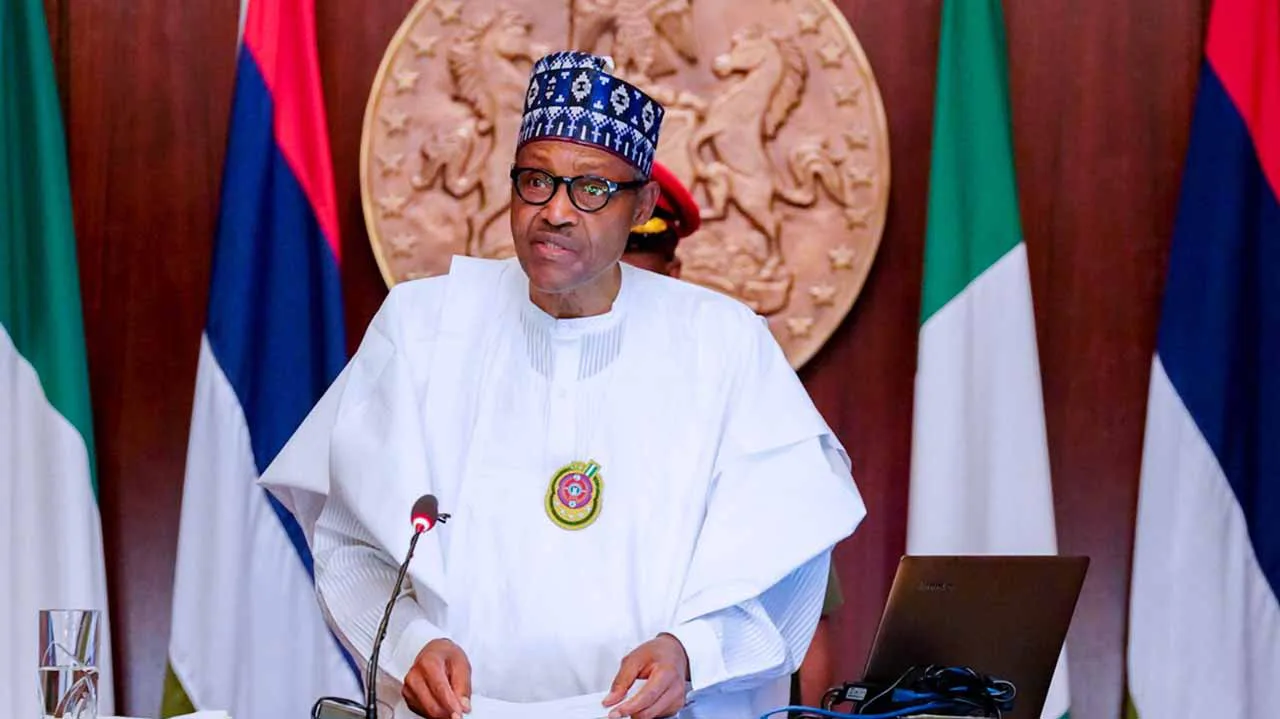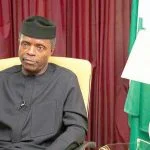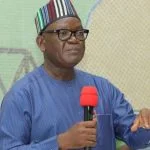The assent to the Electoral Act 2022 by President Muhammadu Buhari after the back and forth on some controversial provisions underscores the perfect workings of a parliament and executive both driven by new energy to deliver CHANGE in a country where the people want to move in a different direction.
This of course runs parallel to that which we witnessed in the past when self interest overrode the nation’s and the fashioning of electoral acts.
More than anything else, this law underscores the government’s commitment to ensuring free and fair elections, dignity of the citizens, opportunity and justice to all political participants whether they are voters or candidates.
This law furthers social empowerment and inclusion by limiting the influence of money on elections and raw power of incumbents to use to the disadvantage of opponents outside the political tent. It equally limits the thuggish practice of kingpins who scare voters and officials away, snatch ballot boxes to fill desired outcomes against the popular wish.
It is easy to forget that the election of 2015 was the first time in the history of Nigeria that power peacefully changed hands at the ballot box. It was the first time any party or candidate not from the incumbent PDP had won a nationwide contest since the re-establishment of democracy. This came despite the then administration pulling every lever of its sixteen-year incumbency to bend the electoral system to its advantage.
President Muhammadu Buhari’s re-election by a 15 per cent and a 4 million vote margin in 2019 was therefore equally decisive: it was the first time a non-PDP administration had even been returned to office to a consecutive term.
The last two contests represent the levelling of the political playing-field between long-time incumbents and long-time opposition by sheer force of citizens’ determination for change. Nigerians voted so decisively for the President and the APC, and the margins so significant that the result could not be in doubt.
However, this is not a reason to ignore the fact there have been inadequacies in electoral law – and therefore electoral practice. No democratic system of elections is perfect: in every country that considers itself a democracy those laws must be subject to a continual process of improvement. Indeed, to stop being better is to stop being good.
The Electoral Act makes better and makes good on the circumstance in which every citizen casts their ballot. It ensures that the ballot is fair and free, and that every vote cast is equal, respected, and counts.
For this to be so, the Act was drafted in concert with and through the collaborative consultation of civil society NGOs, labour unions, the media, and the Independent National Electoral Commission itself – and not merely by politicians with a vested interested in the rules under which they stand for public office.
It empowers the Independent National Electoral Commission by assuring their funding by law well in advance of the election season.
It addresses the unfortunate fact that some polling station results in the past have been declared under duress: now with the power to review any results announced under such circumstances enshrined in law, it makes the use of coercive behavior counterproductive.
The Act also addresses the misuse of appointed political office as a platform and source of resources from which to campaign for elected political office. In the coming days or weeks, the parliament and the executive should reach a common ground on the issue raised by the President at the point of signing the law, which is the requirement for appointed political office holders to first resign before being eligible to vote or stand for election in the primaries for elective offices.
These are crucial changes to the law which will benefit voters not parties, empower citizens not politicians, and strengthen our democracy as part of President Buhari’s legacy to our nation.
Garba Shehu is the Senior Special Assistant to the President






2 Comments